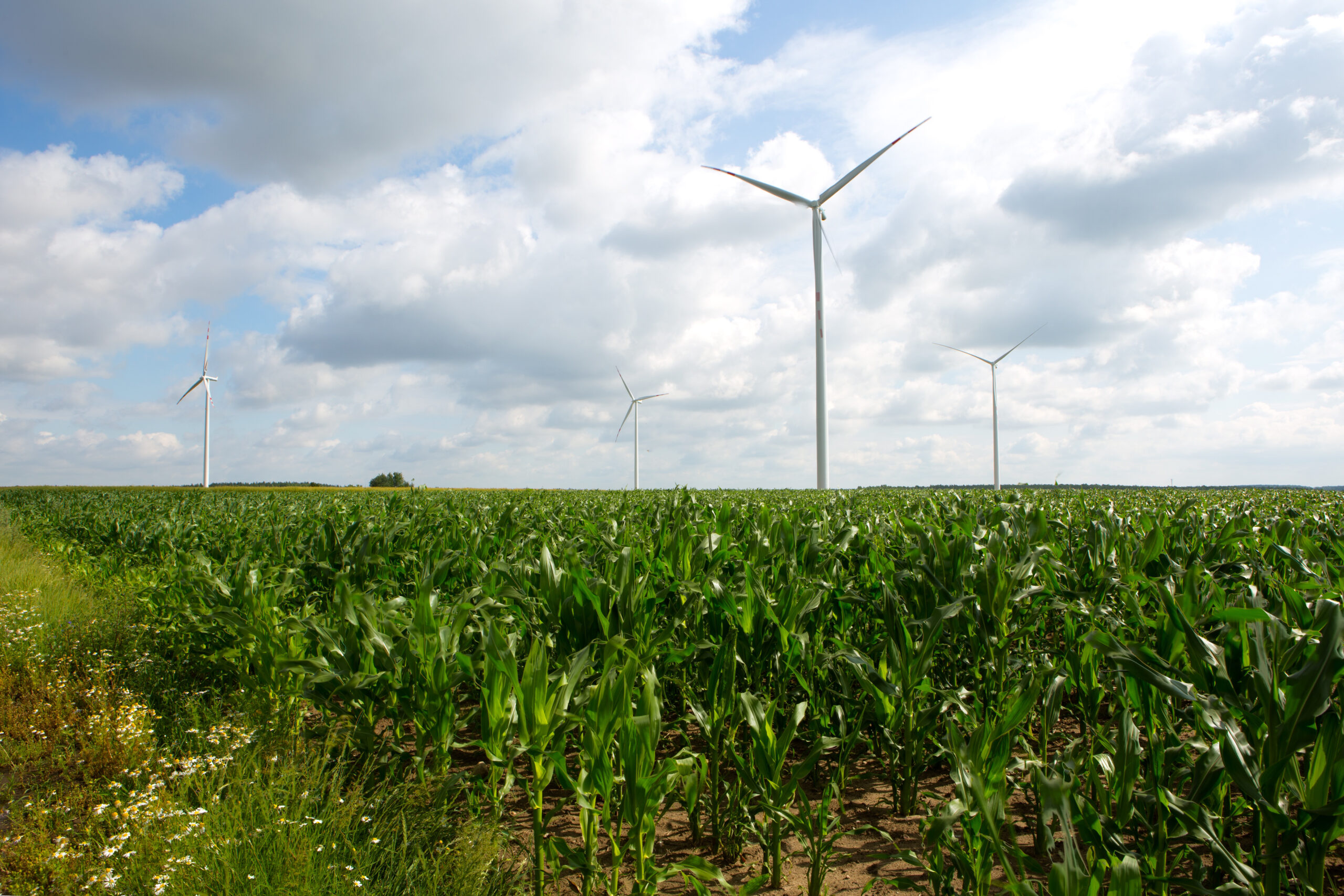Organic gardening is a popular trend that has been gaining traction in recent years. It involves growing plants without the use of synthetic fertilizers and pesticides, relying instead on natural methods to maintain soil health and keep pests at bay. In this blog post, we will explore why choosing organic gardening might be right for you, as well as some potential drawbacks to consider before starting your own organic garden.
Introduction to Organic Gardening
Organic gardening is based on the idea that by using natural materials like compost, mulch, and animal manure, we can create a self-sufficient ecosystem where plants thrive without the need for chemical intervention. This approach not only benefits our plants but also promotes sustainability and reduces environmental impact. By avoiding synthetic products, we can prevent pollution and reduce our carbon footprint while still enjoying fresh produce from our gardens.
The Pros of Choosing Organic Gardening
There are several reasons why people choose organic gardening over traditional gardening methods. Here are just a few:
1. Healthier Soil – Using natural materials like compost and manure helps improve soil structure and nutrient content, which leads to healthier plants with fewer problems.
2. Reduced Pest Damage – Natural predators such as ladybugs and lacewings help control common garden pests like aphids and mites, reducing the need for harsh chemical treatments.
3. Better Taste – Many people believe that food grown organically tastes better than conventionally grown crops because it’s fresher and hasn’t been treated with preservatives or other additives.
4. Improved Environmental Impact – By avoiding synthetic chemicals, we can reduce water pollution and protect wildlife habitats, making organic gardening an environmentally friendly choice.
Tips for Starting an Organic Garden
If you’re interested in trying out organic gardening, here are some tips to get started:
1. Start small – Begin with a manageable plot so you don’t become overwhelmed. You can always expand later.
2. Use good soil – Invest in high-quality soil that contains plenty of organic matter to feed your plants.
3. Keep it simple – Focus on easy-to-grow vegetables and herbs until you have more experience.
4. Practice patience – Remember that organic gardening takes time and effort, but the results are worth it!
Conclusion
Choosing organic gardening may not be the easiest option, but it offers many benefits that make it worth considering. Whether you’re looking to grow your own produce or simply want to reduce your environmental impact, organic gardening could be the perfect solution. With careful planning and attention to detail, anyone can enjoy success with their very own organic garden.






